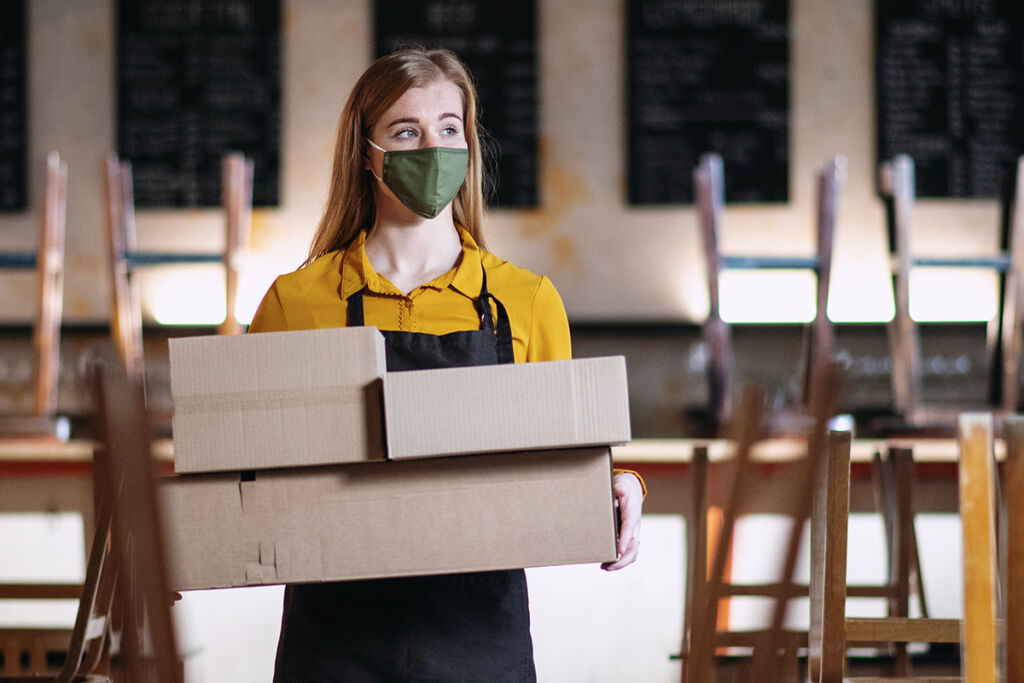[LUM#13] My small business will overcome the crisis
A survey of business leaders reveals that while the health crisis has increased the risk of burnout, it has paradoxically reinforced psychological traits that are crucial to the health of executives and their companies. This process has been conceptualized by Olivier Torrès under the term "salutoprenarial capital" or "decree of will."

It will come as no surprise to anyone that businesses have been hit hard by the measures taken in response to the health crisis. However, the consequences are not necessarily what we expected, as demonstrated by Olivier Torrès*, an economist specializing in the health of business leaders and president ofthe Amarok observatory, in a study conducted among 1,925 business leaders during the two months of lockdown.
Burnout as an impediment
The first finding, which seems paradoxical in a period marked by a cessation of activity, is an increase in the risk of burnout. During the study, 34.5% of respondents were at risk, compared to 17.5% in 2019, and 9% were already considered to be in a severe phase. "We are facing a risk of a tornado like we have never seen before," says the economist. "The only figures I have above these are those for farmers."
This phenomenon raises questions, as the study also reveals an improvement in the physical health of entrepreneurs who were able to take advantage of lockdown to slow down and rest. Mental health and sleep quality, on the other hand, deteriorated significantly in line with rising feelings of helplessness and being stuck. "The determining factors have changed, and we have moved from burnout due to exhaustion to burnout due to impediment," explains Olivier Torrès.
This shift highlights the "central, if not existential, value" of work for entrepreneurs, who, over the past two months, have expressed more concern about filing for bankruptcy than about being seriously affected by COVID-19. However, the researcher does not want to be alarmist: "This figure is entirely linked to the lockdown. The feeling of powerlessness will fade as the economy recovers."
The concept of "salutopreneurship"
An economic recovery supported by the second, more positive finding of this study. Although optimism is low, responses to questions about resilience, self-efficacy, the ability to adapt and act in line with one's values, and the desire to give meaning to one's actions and accept the consequences show a clear increase in these traits among entrepreneurs during the lockdown period.
"These variables fulfill two essential functions for business leaders, namely problem solving and meaning making, and constitute what I call salutoprenurial capital. It defines a kind of decree of will. The researcher found that people with high levels of this capital are not only healthier but also achieve better entrepreneurial results. This study once again demonstrates the fundamental role that psychology can play in the economic sphere and proves the famous maxim: where there's a will, there's a way!
Find UM podcasts now available on your favorite platform (Spotify, Deezer, Apple Podcasts, Amazon Music, etc.).
*MRM (UM, University of Perpignan VIa Domitia, Montpellier Business School)